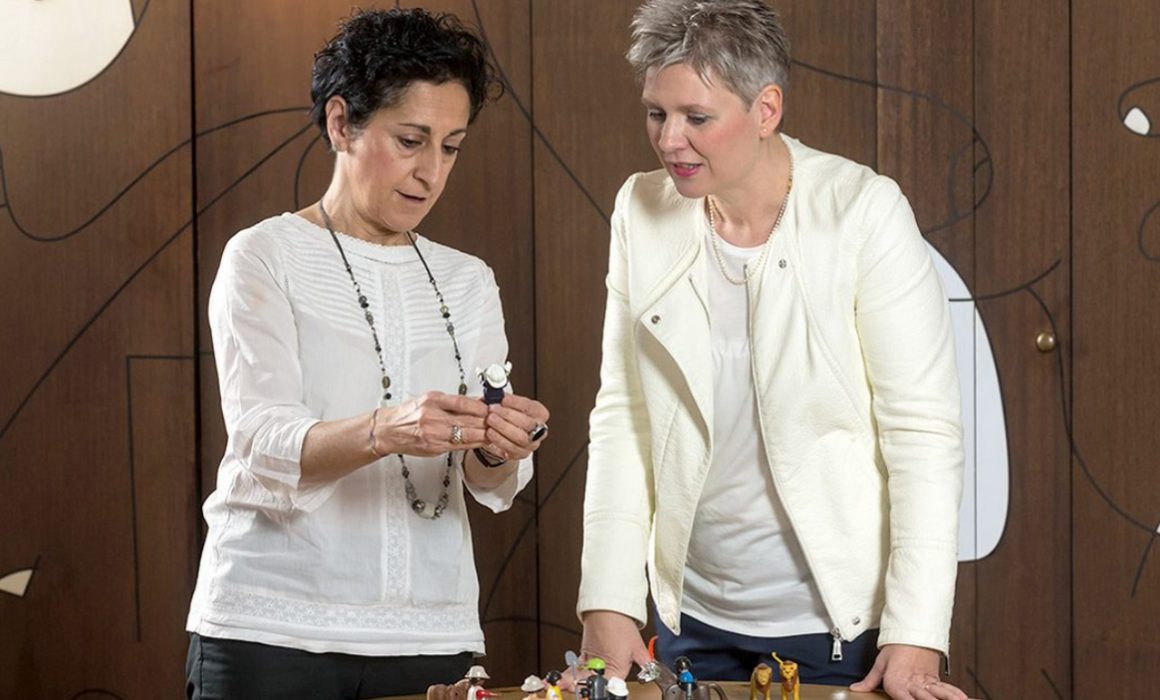Learning from oneself: The reflective journal
In this post I want to talk about how to use a reflective journal to further develop as a coach. Many coaches are used to taking some notes during sessions, or keeping a record of what has been worked on with the client, the tools used and the commitments agreed upon. A reflective journal can include this information, which helps to maintain an overview of a process over time, but its added value is in capturing the coach's experience beyond the content of the sessions, taking a meta-view of the client encounter.
Peak moments, what was the client's emotional state and what were your personal sensations, jams and how you acted in response, things that have caught your attention, doubts that have arisen and ideas for future sessions, are some of the elements that are part of the reflection on a session.
Distance and pattern detection
Keeping a reflective journal may be a requirement for professional credentialing in some organizations such as the European Coaching and Mentoring Council (EMCC), but it also has many direct benefits for our effectiveness as coaches.
First of all it serves to process the client encounter, articulating what we carry inside and entrusting it to a place to which we can return at another time. It is a small habit of self-care that discharges emotions and frees up mental space.
Secondly, the various entries you make allow you to uncover patterns in you or your client that are sometimes difficult to detect when we are immersed in the session. Perhaps there are recurring emotional themes or responses? Where do blockages tend to occur or what is it that raises the energy of this client? The insights that emerge through this reflection, as long as we offer them without attachment to being right (!), can be of great value to our clients.
In addition, the possible patterns we discover in ourselves are gold to enhance our capacity as a coach: What do your most transformative processes say about the essence of your coaching? What attitudes or emotions do you see in yourself when facing certain issues or types of clients? When you feel great frustration?
Asking ourselves these questions based on the material collected helps us to delve deeper into what moves us and sometimes hinders us in the background, and how we influence the different dynamics we experience with our clients. These lights that are shining on us show the personal and unique learning path that this profession is offering us.
So buy yourself a nice notebook and write a few lines about each session you have, and then share your learnings with a colleague or in your supervision group. I'd love to hear how you get on with the experience!
If you want to learn how to reflect on your practice to uncover the hidden processes that interfere with your real coaching cases, in a safe and fun environment, learn about the new face-to-face Supervision Group for experienced coaches, or subscribe to the newsletter to receive regular information.
If you are interested in receiving feedback on your coaching, preparing for certification and doing more transformational work with your clients, sign up for a Mentor Coaching Workshop for Coaches in Madrid.
FREE WEBINAR
"How to become certified with ICF on your own".
Many coaches ask me what are the steps and requirements to get certified by ICF, so I have organized a free webinar, so that I can clarify your doubts.
It will be on November 29, at 6:00 pm.
Recommended for trained coaches who want to take the step to obtain the ACC or PCC accreditation with ICF.
UPCOMING WORKSHOPS FOR COACHES
New groups are open for the Mentor Coaching Group Online Workshop are now open, to develop your coaching and prepare for the ICF exam.
I have also launched a Supervision Group to work on real cases of the participants' practice.



